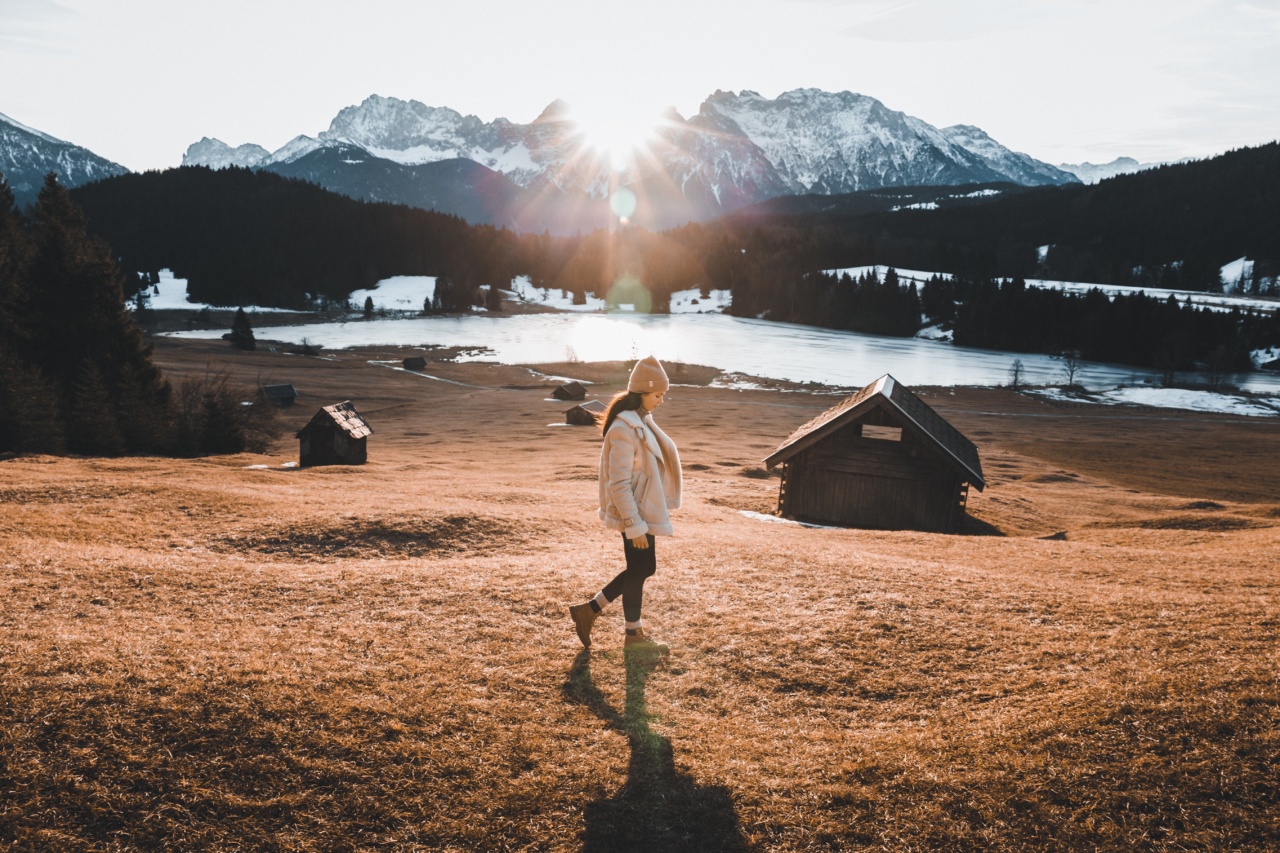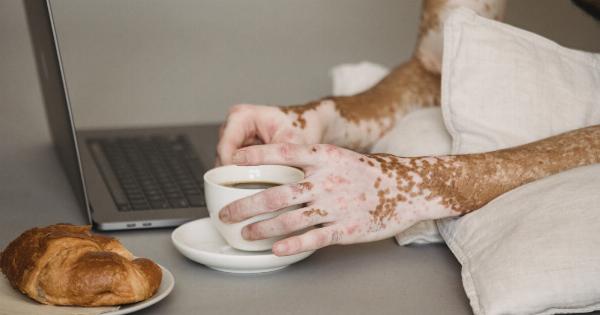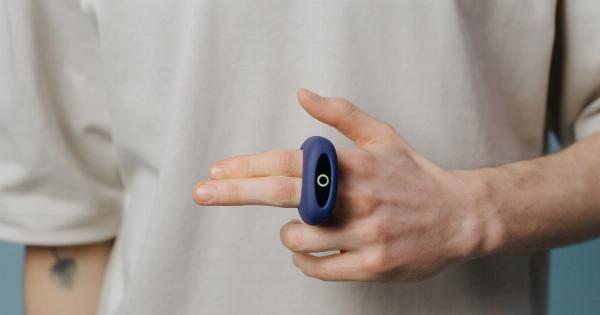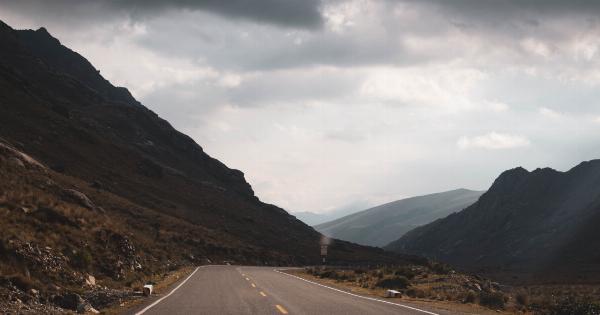Psoriasis is an autoimmune disease that can affect the skin, nails, and even the joints. It can be triggered by various factors such as stress, infections, and climate.
The cold, dry air and low humidity of winter can cause psoriasis to flare up, making it even harder to manage. In this article, we’ll look at some tips for managing psoriasis flares during winter.
Keep your skin moisturized
Keeping your skin moisturized is one of the most important things you can do to manage psoriasis flares during winter. Dry skin can lead to itching, cracking, and even bleeding. So, it’s essential to use a good moisturizer regularly.
Look for moisturizers that are non-irritating and fragrance-free, and apply them right after bathing or showering while your skin is still damp. This can help seal in moisture and keep your skin hydrated throughout the day.
Avoid hot water and long showers
It’s natural to crave a long hot shower on a cold winter day, but hot water can irritate and dry out your skin, aggravating psoriasis symptoms. So, try to avoid hot water, and take shorter, lukewarm showers instead.
You can also add a few drops of oil or oatmeal to your bathwater to soothe and moisturize your skin.
Bundle up to avoid skin injury
Winter weather can be harsh on your skin, causing it to become dry and irritated and even leading to skin injury. Protect your skin by wearing warm, loose-fitting clothing made of natural fibers like cotton or wool.
Avoid wearing tight, itchy clothing that can rub against your skin, causing discomfort and possible injury. Don’t forget to wear gloves and a scarf to protect your hands and face from the cold winds.
Use a humidifier
The dry air inside your home during winter can contribute to psoriasis flares. Using a humidifier can add moisture to the air, keeping your skin hydrated and preventing dryness.
Place a humidifier in your bedroom or living room, or wherever you spend most of your time, for the best results.
Avoid harsh soaps and detergents
Many soaps and detergents contain harsh chemicals that can irritate and dry out your skin, making psoriasis symptoms worse. Look for mild, unscented products that are free of dyes and fragrances.
Be sure to rinse your skin and clothing thoroughly after washing to avoid irritation.
Manage stress
Stress is a common trigger for psoriasis flares. And let’s face it, winter can be a stressful time of year, with holidays, social events, and colder weather. To manage stress, try meditating, practicing yoga, or getting regular exercise.
You can also talk to a therapist or psychologist or join a support group to help manage your stress and emotional well-being.
Avoid smoking and alcohol
Smoking and alcohol consumption can both exacerbate psoriasis symptoms. So, try to avoid smoking and limit your alcohol intake as much as possible.
Smoking can also lead to skin damage, tooth discoloration, and other health complications, so it’s best to quit entirely.
Get enough sleep
Getting enough sleep is essential to maintain physical and emotional well-being, reduce stress, and manage psoriasis symptoms. So, aim to get 8 hours of sleep each night and stick to a regular sleep routine.
You can also try relaxation techniques like deep breathing and progressive muscle relaxation to help you fall asleep more easily.
Spend time outdoors
While too much exposure to cold, dry air can aggravate psoriasis symptoms, spending a little time outdoors each day can help boost your mood and improve your overall health.
So, bundle up and take a walk, or try some winter sports like skiing or ice skating if you’re up to it. Just be sure to protect your skin by wearing appropriate clothing and applying sunscreen to exposed areas.
Consult with your doctor
If you’re experiencing severe psoriasis symptoms that aren’t responding to self-care measures, it’s essential to consult with your doctor.
Your doctor may recommend topical ointments, prescription medications, or light therapy to help manage your symptoms. They may also refer you to a dermatologist or rheumatologist for further evaluation and treatment.





























